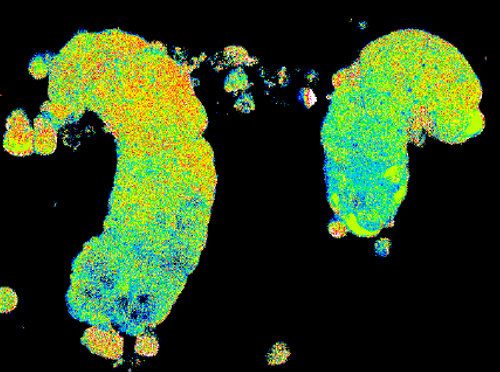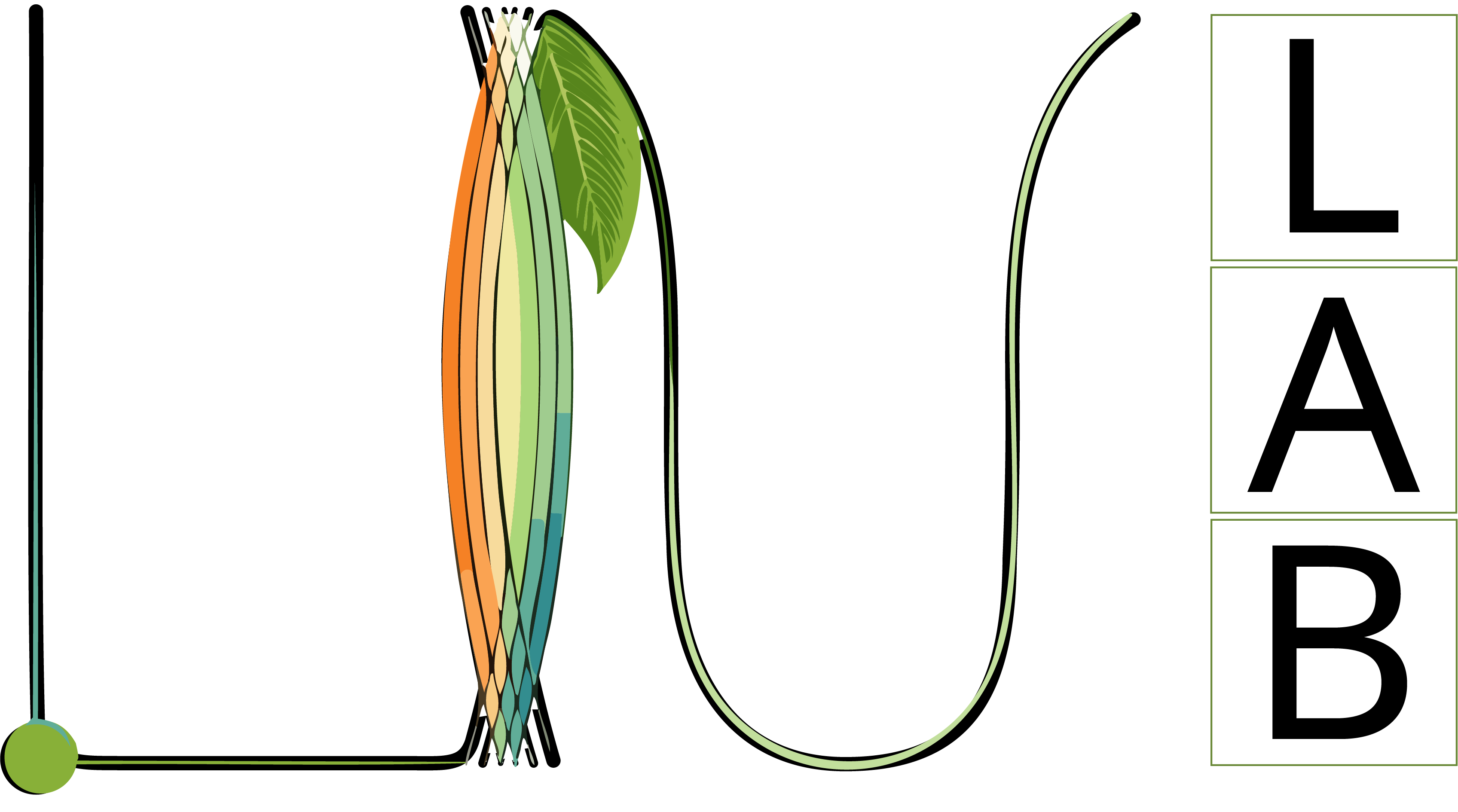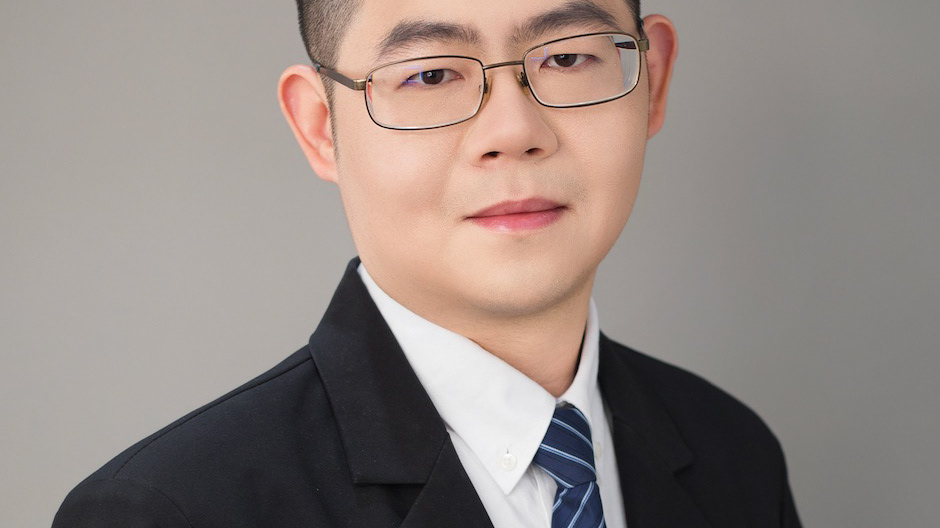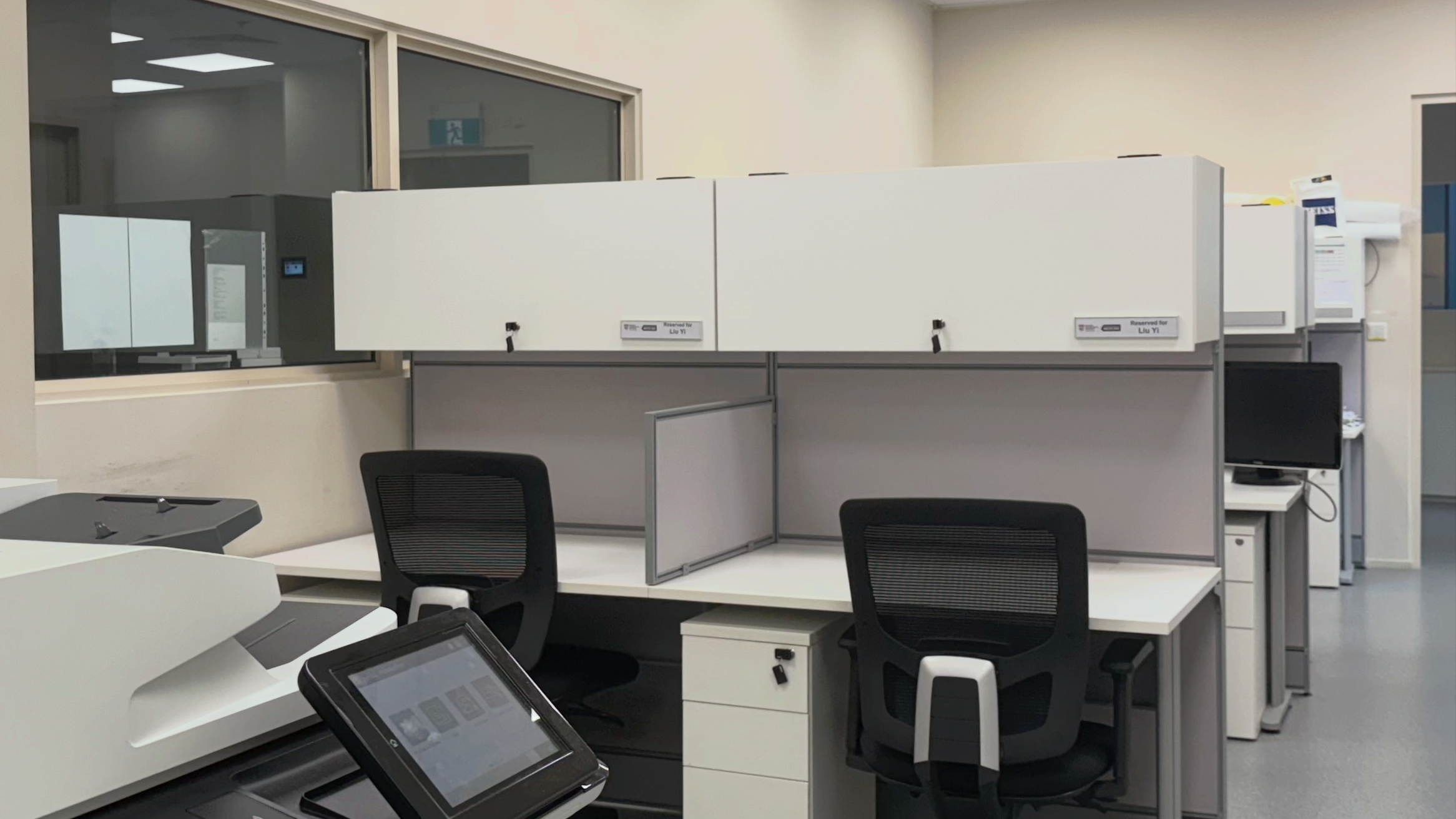Our research goals are gaining a mechanistic understanding of cell fate decisions and studying how dysregulated cell fate decisions contribute to diseases, such as cancer progression and tumorigenesis.
Embryonic Stem Cells
Research interests
We utilize a combined approach integrating 3D cell/organoid cultures, molecular biology, genetics, biochemistry, advanced live-cell imaging, and single-cell omics with spatiotemporal resolutions across multiple scales, including protein molecules, clonal cells, in vitro spheroids and organoids, ex vivo tissues, and animals. Currently, our lab uses intestinal organoids, embryonic stem cells, and clonal cell cultures as main models to approach questions in regeneration, development, and cancer. Specifically, our questions of interest are:
3D Colorectal Cancer Organoids
1. How does the change of intracellular pH (pHi) as a previously unrecognized regulator control and modulate the revival stem cell differentiation for intestinal epithelium regeneration?
2. Do changes in pHi spatially and temporally in the 3D epithelium contribute to tumor heterogeneity?
3. What roles do cytoskeleton-based cellular machinery play in the pluripotent and adult stem cell fate decisions?
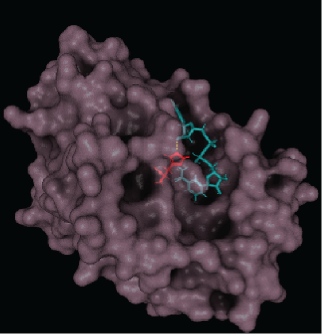
PARP1 Protein
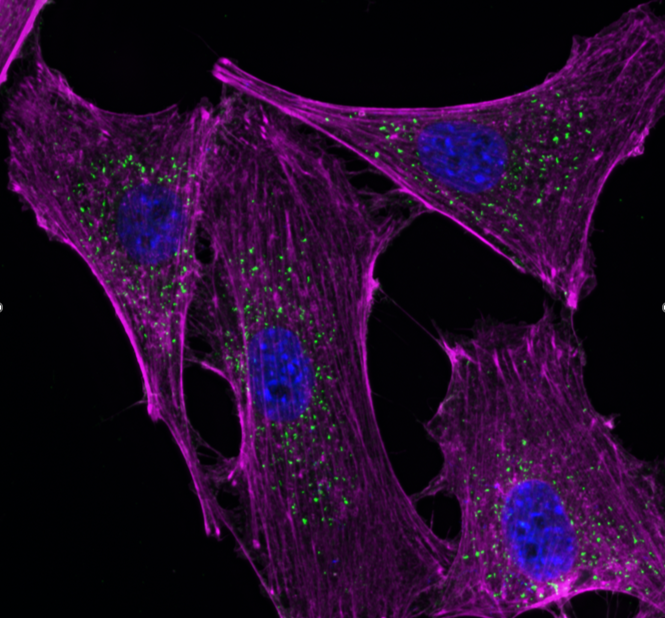
Clonal Cells
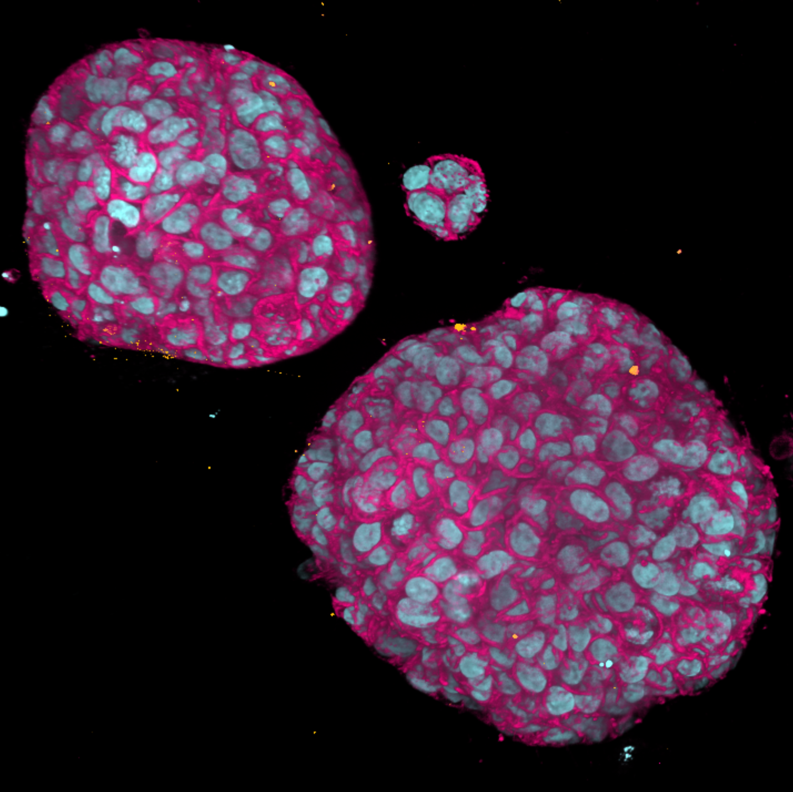
3D Colorectal Cancer Spheroids
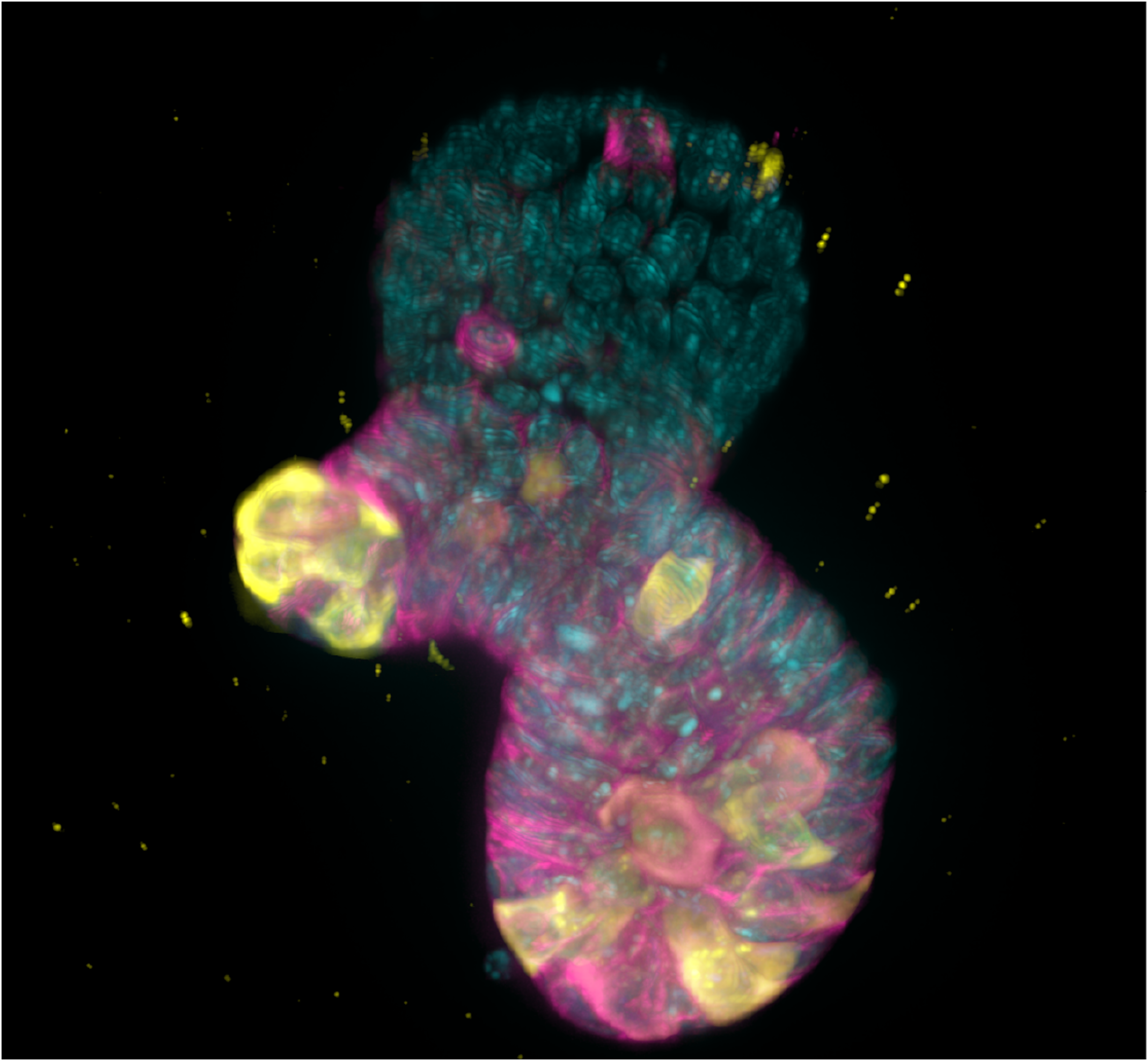
Intestinal Organoids
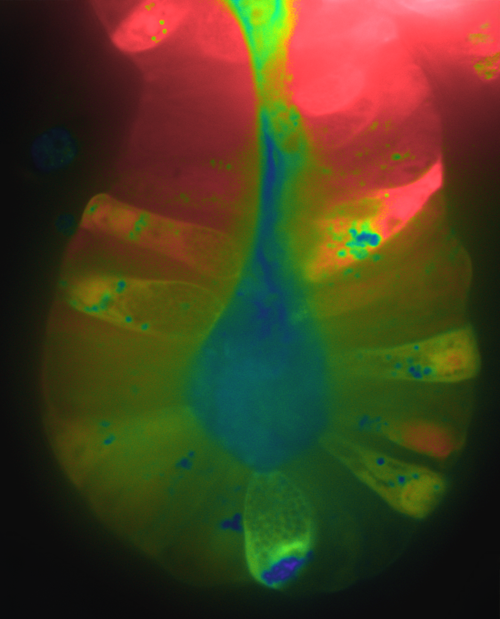
pHi Gradient in Intestinal Crypt
